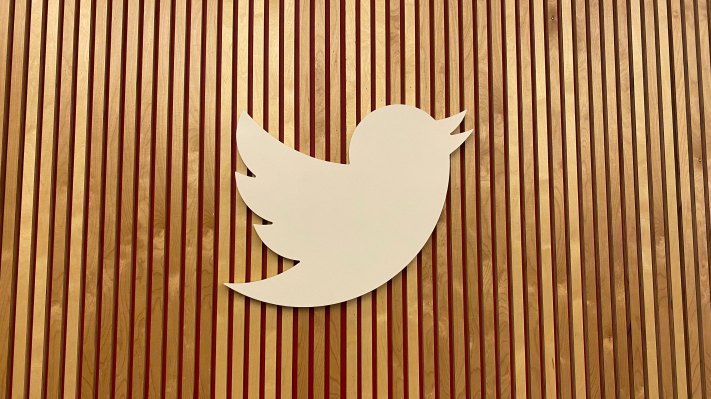Entertainment
Researchers fear what a Musk acquisition might mean for Twitter research data


Much has been written about Elon Musk’s bid to acquire Twitter, an effort which, despite substantial backing from Morgan Stanley and the approval of Twitter’s board, stands on unsure footing at present.
Reporting and punditry have focused on the security implications of the proposed acquisition, as well as Musk’s potential approaches to content moderation and, on a related subject, his understanding of the concept of “free speech.” But another consequential aspect of the deal has received considerably less attention: how Twitter’s data access policy for research might change under a Musk regime.
Twitter hasn’t always had a cozy relationship with researchers. However, in recent years, the social network has made strides in providing access to its archives at a time when rivals have taken the opposite step. In January 2021, Twitter claimed that academic researchers were one of the largest groups using its API.
Some researchers are concerned that Musk doesn’t share the same commitment to open data access, particularly considering the vitriol he’s shown in the past toward reporting that paints his ventures (including Tesla) in an unflattering light.
Thus far, Twitter has been unique among the major platforms in how available they have made data for researchers. David G. Rand
In 2018, Musk pledged to — but didn’t ultimately — build a website to rate the “core truth” of articles and journalists in response to reports on crashes involving Tesla cars, Tesla labor issues and his relationship with Wall Street.
Mor Naaman, a professor of information science at Cornell Tech, envisions a future in which Musk becomes hostile toward researchers exposing Twitter’s “challenges and deficiencies.”
“I am pessimistic that Twitter will continue to strive for accountability as a privately held company under Musk,” Naaman, who’s worked with Twitter data since 2009, told TechCrunch via email. “I do not believe research like we have done on [former President Donald Trump’s] Stop the Steal campaign — and the data we collected from Twitter and made available to other researchers, used in 12 different papers since last year — would be allowed to happen under Musk. Second, I cannot imagine internal teams that scrutinize the ethics and bias of the company’s systems will continue to function well, let alone publish their findings publicly.
“If they do continue to publish, these publications will have a much harder time overcoming the already existing suspicion around the corporate-friendly bias nature of platforms putting out their own research papers.”
Among other promises, Musk has said that he plans to “defeat spam bots” on Twitter — seemingly alluding to the malicious accounts that parrot misinformation and perpetuate scams. But not all bots are harmful, Orestis Papakyriakopoulos, a postdoctoral researcher at the MIT Media Lab, pointed out to TechCrunch via email.
-

 Entertainment7 days ago
Entertainment7 days agoI went to the ‘Severance’ pop-up in Grand Central Station. It was wild.
-

 Entertainment6 days ago
Entertainment6 days agoWhat’s new to streaming this week? (Jan. 17, 2025)
-

 Entertainment6 days ago
Entertainment6 days agoExplainer: Age-verification bills for porn and social media
-

 Entertainment5 days ago
Entertainment5 days agoIf TikTok is banned in the U.S., this is what it will look like for everyone else
-

 Entertainment5 days ago
Entertainment5 days ago‘Night Call’ review: A bad day on the job makes for a superb action movie
-

 Entertainment5 days ago
Entertainment5 days agoHow ‘Grand Theft Hamlet’ evolved from lockdown escape to Shakespearean success
-

 Entertainment5 days ago
Entertainment5 days ago‘September 5’ review: a blinkered, noncommittal thriller about an Olympic hostage crisis
-

 Entertainment5 days ago
Entertainment5 days ago‘Back in Action’ review: Cameron Diaz and Jamie Foxx team up for Gen X action-comedy





















